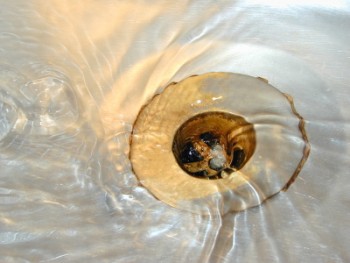Did you “like” your friend’s picture on Facebook? She does look awesome in that dress, right?. No way could it fit you! There you go, doubting yourself again. However, it is not entirely your fault. Did you know social networking, and self-esteem is very closely related?
It is true. Teenage girls are especially vulnerable as was found in a study at the New Flinders University, Melbourne, Australia. Ninety percent of the girls who were interviewed had a Facebook account by the age of 11. They had ‘intensive’ conversations with peers on social media. Although 85% of the girls interviewed were classified as having normal weight, almost half of them were dissatisfied with their appearance.
Today’s youngsters feel they are judged on how they exhibit themselves, giving rise to the need to display their lives on an open forum. Social networks like Facebook are interactive, making it powerfully influential, especially towards teens and young women.
However, can exhibitionism be that bad? Does it not, on the contrary, compel us to look and be our best at all times? Another study published in Media Psychology suggests that spending time on Facebook and other networking sites could de-motivate people. Nevertheless, their own profiles could give a boost to their self-esteem. The test conducted to assess the effect of networking sites evaluated the strength of an individual’s automatic response to mental representations of concepts. With just five minutes spent on their profile page, the individuals experienced a significant boost in their self-esteem. It makes sense since we post our best pictures and achievements online, and gain pride when our friends ‘comment’ and appreciate us.
There are many schools of thought on the matter. While some previous research suggests that the false sense of esteem can be detrimental to behaviour, other psychologists believe that and individual’s Facebook can be a good indicator for gauging psychological temperaments and can be a good tool for therapy.
I believe social media is a perfect example of paradoxes. It thrives on peer interaction. If your social circles consider you good, you feel elated, but if you are criticised, it ruins your day. It really comes down to individual sensibilities. Too much of a good thing is bad, right? So why not use social media for what it really is – a networking platform, something that helps friends and acquaintances stay in touch. Why bring in the element of self-esteem at all and let it affect our daily lives?






